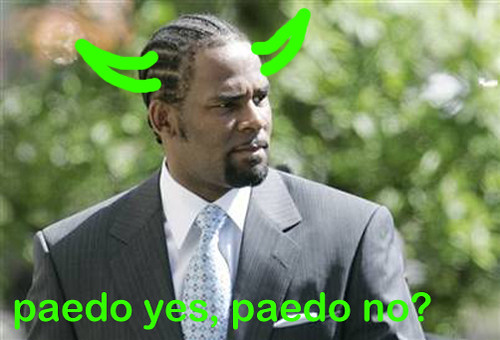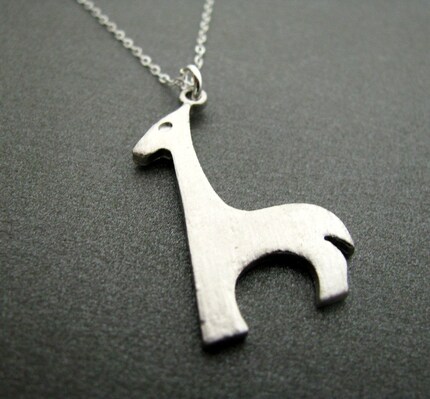One of the most powerful things that humans do, indeed, part of what makes us human, is that we name something and it begins to mean something.
The good lady above gets a lot of what she says right, but words are not dead. They are not inert. The fact that we make words mean something, and that the meaning changes, tells us that words are alive; we make them live. Peter L. Berger and Thomas Luckman considered the process of language creation and assignation part of the Social Construction of Reality, which basically says that we build our world and we give meaning to it. From Wikipedia:
The central concept of The Social Construction of Reality is that persons and groups interacting together in a social system form, over time, concepts or mental representations of each other's actions, and that these concepts eventually become habituated into reciprocal roles played by the actors in relation to each other. When these roles are made available to other members of society to enter into and play out, the reciprocal interactions are said to be institutionalised. In the process of this institutionalisation, meaning is embedded in society. Knowledge and people's conception (and belief) of what reality is becomes embedded in the institutional fabric of society. Social reality is therefore said to be socially constructed.
One of the major principles of the theory is the idea that language and symbols are powerful because they allow us to communicate shared ideas and meanings. They write in their essential book The Social Construction of Relaity: “A sign [has the] explicit intention to serve as an index of subjective meanings … Language is capable of becoming the objective repository of vast accumulations of meaning and experience, which it can then preserve in time and transmit to following generations… Language also typifies experiences, allowing me to subsume them under broad categories in terms of which they have meaning not only to myself but also to my fellowmen” (p.35-39)" So, like the lady above says, it's important that we can say "saber tooth tiger" to one another, but it is fascinating that we can also say "love" and it have nearly the same effect.
I've written about this idea before, in talking about Herbert Blumer and Symbolic Interactionism but Berger and Luckman are talking on the macro scale, while Blumer and SI are really focusing on micro interaction.
I've been thinking lately about symbolism and activism/protest and I've decided a few things. I think that we engage in symbolic activism because we are aware, on some level, that we are creating symbols and we have the capacity to spread those symbols out in the world, that we can change the social fabric. I am not one to argue with the idea that language matters, and that by changing language we can change the way we talk and think about oppression, but I do argue with the idea that wearing a purple shirt for one day or changing your profile picture to a cartoon character is activism. Now, if people are doing these things and admitting that they are merely symbolic showcases of solidarity and not particularly meaningful or effective then I have less of a problem with it. I mean, I still think these people should really do something, like go to a rally or write a senator or adopt an abused kid or join a group who are actively working for social change. I will also point out that changing the way we talk about things like discrimination based on race and gender and ableism and sexual orientation is more effective than relatively quieter symbolic acts because when we change the way we talk we expose the paths of least resistance that others traverse, and we can make people aware of how privilege and oppression are inherently part of the way we talk and think. The difference, however, is that while crucial, this is not protest. Oh, against child abuse? Good, but we shouldn't get rewarded or feel particularly good about ourselves for expressing a sentiment which is clearly the dominant narrative anyway. The next thing you know, we are gonna have cookies for people who don't kick puppies.
I am a long-time reader and lover of Tom and Lorenzo, who do a lot of writing about fashion and TV and who have insights that make watching certain shows way more interesting to me (Mad Men in particular). But they also harbor deep and moving insights about social change. One of the shows they write up is Glee, a show that I have an increasingly tortured relationship with but has remained on my radar because of it's treatment of issues connected with LGBT youth. A recent post beautifully summarizes what i have been blathering on about for too long already:
In recent weeks, there has been a rhetorical explosion around the concept of bullying, especially gay bullying. That's a good thing, of course; a very good thing. Tragic that it took a flurry of young men taking their own lives in the wake of others' cruelty and prejudice, but it put the topic of gay teenagers on the national agenda in a way we haven't seen for some time, if ever. The problem is, when a topic like this is given a little sunlight, people think they know all they need to know because they read a couple of articles or blog posts about anti-gay bullying and subsequently the public has no real concrete solutions nor does anyone do any real work addressing the issue (Did you wear purple to show your solidarity? Did you shoot your YouTube video?) before interest wanes and the topic gets shunted aside. Do we sound cynical? Then we sound cynical.
Listen, I know that time is limited and it feels good to show solidarity with others who want to fight injustice, but you can't just say (symbolically or literally) that you want to fight injustice, you have to do something about it. And doing something doesn't mean buying/ wearing a T shirt. Take for example the recent TSA debacle and the way some people are "protesting". Wearing an otherwise invisible T-shirt with message that will be read by low-level functionaries does not raise the cost of business as usual. The main thing that will be accomplished is generating profits for the T-shirt makers and retailers. That's part of the beauty of capitalism. It takes our dissident impulse, commercializes them, and sells them back to us for a profit.
Before you engage in protest or activism, always ask "Cui bono?"

UPDATE: found another blogger with similar views, at least on this topic. See here
POST UPDATE: hooray! sarcasm!








 twice and in altogether separate incidents I have been disappointed by two people I love.
twice and in altogether separate incidents I have been disappointed by two people I love.